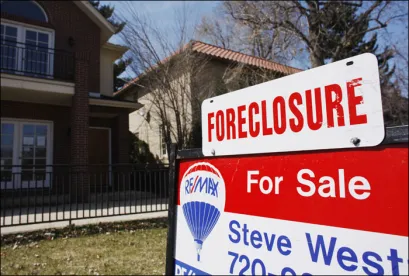The Massachusetts Supreme Judicial Court (“SJC”) heard argument on February 13, 2020, on whether compliance with a state-mandated default notice could, nevertheless, void foreclosure sales in Massachusetts. Specifically, the SJC examined whether the provision of the state-mandated notice has the potential to deceive a borrower where it describes a period for reinstating a loan that varies (to the benefit of the borrower) from the period contained in the mortgage.
K&L Gates LLP prepared an amicus brief on behalf of the American Bankers Association, the Mortgage Bankers Association, and other national and state financial services trade organizations. Amici explained that the provisions of the mortgage itself resolve any tension (if such tension exists) between the state-mandated notice period and the period contained in the mortgage. Thus, the provision of the state-mandated notice did not have the potential to deceive a borrower. Amici further explained that deference to plaintiffs’ erroneous interpretation would confuse and harm consumers and threaten to cloud title in a vast number of foreclosed-on Massachusetts properties, including those purchased by third-party homebuyers. Thus, amici urged the SJC to hold that the subject notice was not inaccurate in a manner that could render a subsequent foreclosure sale void under Massachusetts law.
The SJC is expected to issue its decision this spring.





 />i
/>i
